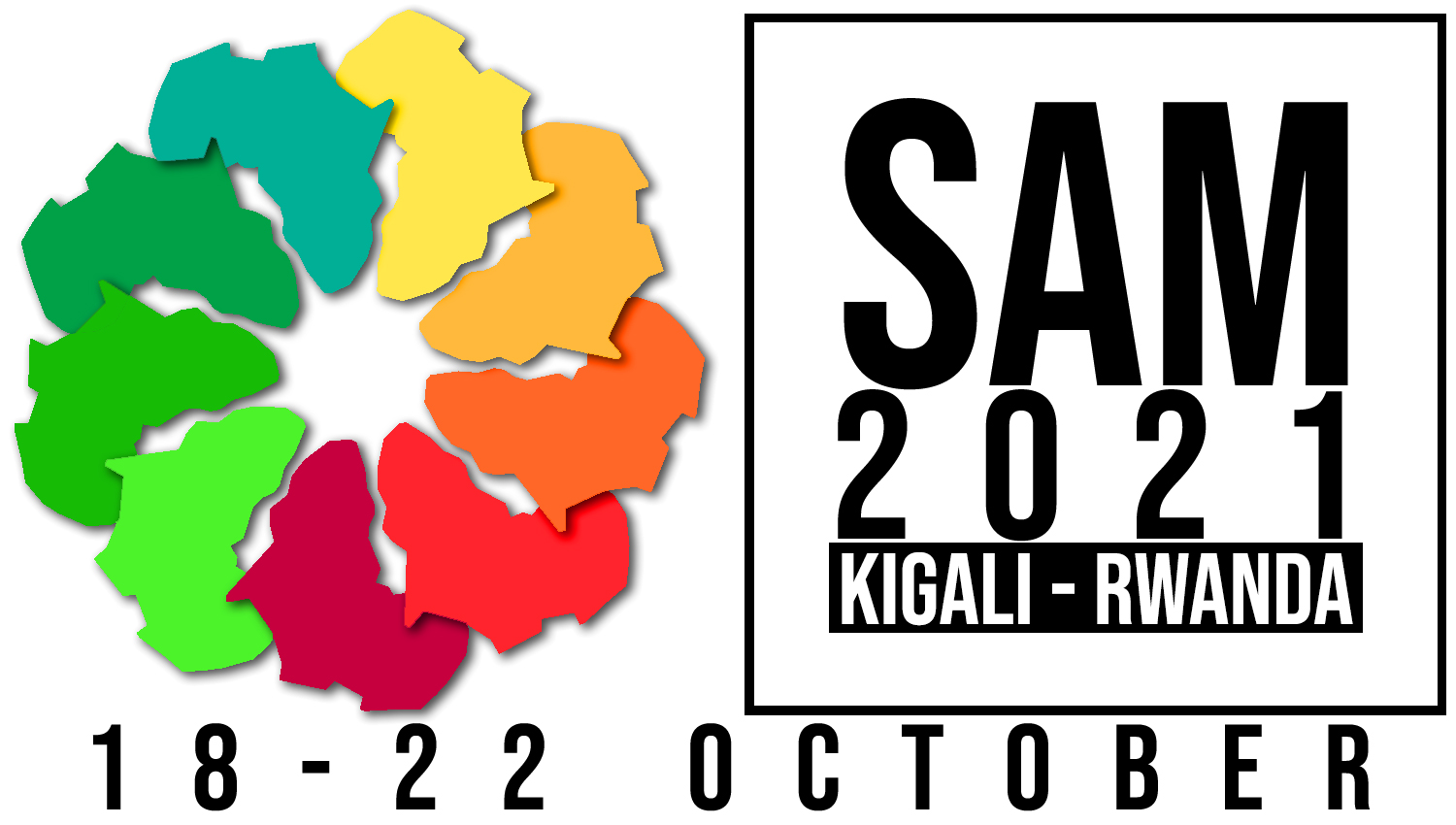What is SAM?
The African Microfinance Week (SAM, short for Semaine africaine de la microfinance in French) is a conference on the development of financial inclusion in Africa that takes place every two years.
The first edition of SAM took place in Arusha (Tanzania) in 2013, the second edition was held in Dakar (Senegal) in 2015, the third in Addis Ababa (Ethiopia) in 2017 and the fourth edition took place in Ouagadougou (Burkina Faso) in 2019.
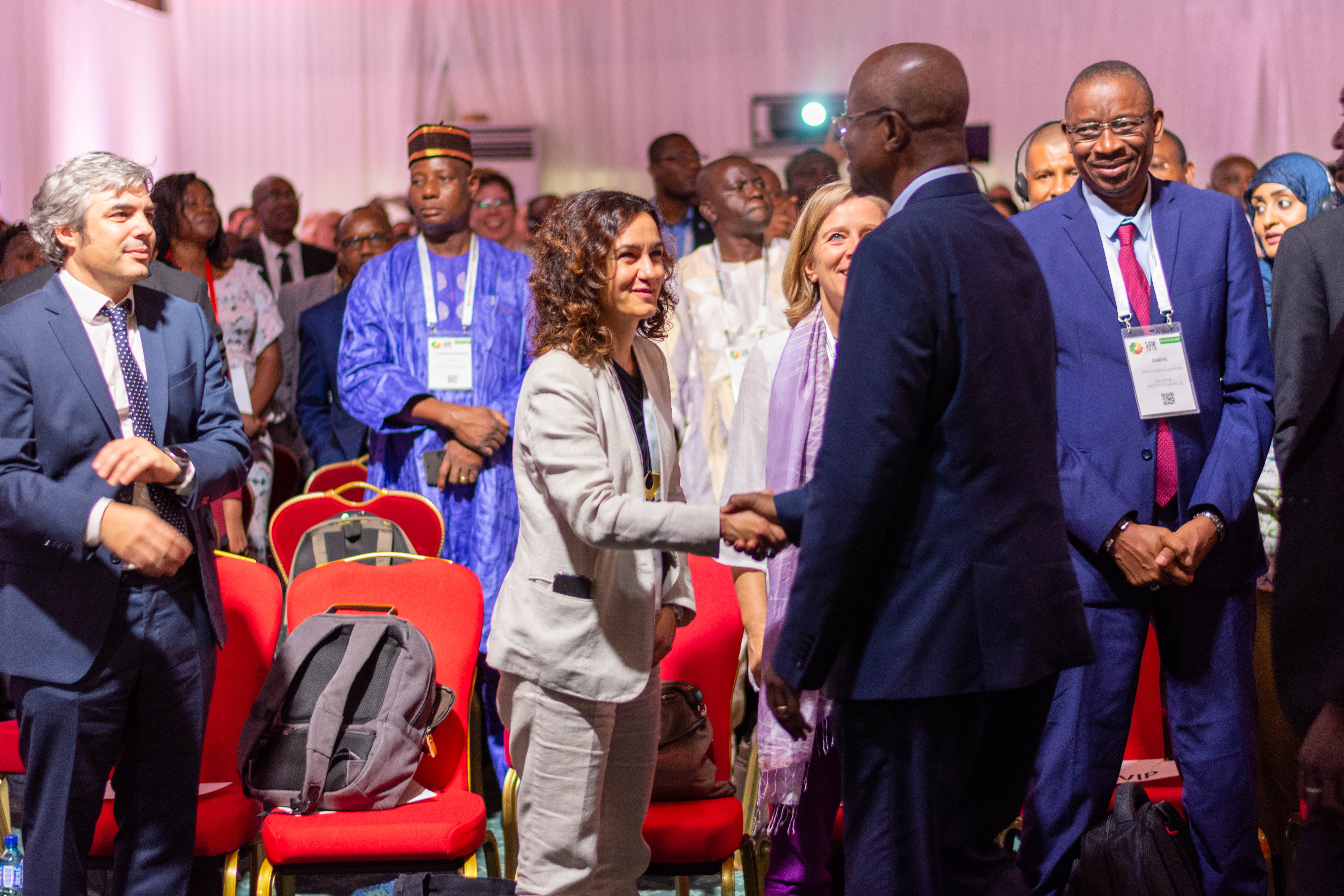
SAM is an entire week dedicated to:
- Identifying, sharing and celebrating the impact of innovative projects as well as the contribution of the African inclusive finance sector towards achieving the SDGs;
- Identifying gaps and challenges faced by the sector today and finding ways to address them;
- Strengthening the sector's commitment to impact and profitability measurement tools;
- Fostering new and enhancing existing relationships with potential partners and allies in the inclusive finance sector in Africa;
- Promoting action plans and follow-up after the conference;
- Leveraging the financial expertise of Luxembourg and strengthening its role as a key partner for inclusive finance practitioners;
- Rallying participants by helping them to focus their individual and collective energy on achieving as many milestones as possible until 2030, which we will assess at the next edition of SAM in 2023!
This common African platform offers all microfinance practitioners a platform for debating and exchanging ideas, be they investors, MFIs, researchers, banks, networks, innovators, governments, NGOs or other interested parties.
SAM 2021 organisers
SAM is organised by ADA with the support of the Luxembourgish Directorate for Development Cooperation and Humanitarian Affairs and the Government of Rwanda.
The conference is also an initiative of the following African networks:
- MAIN - Microfinance African Institutions Network
- AFRACA - African Rural and Agricultural Credit Association
- AMIR - Association of Microfinance Institutions in Rwanda
These organisers aim to build a common African platform for debating and exchanging ideas on microfinance in Africa, while at the same time promoting collaboration between all actors in the field of inclusive finance.

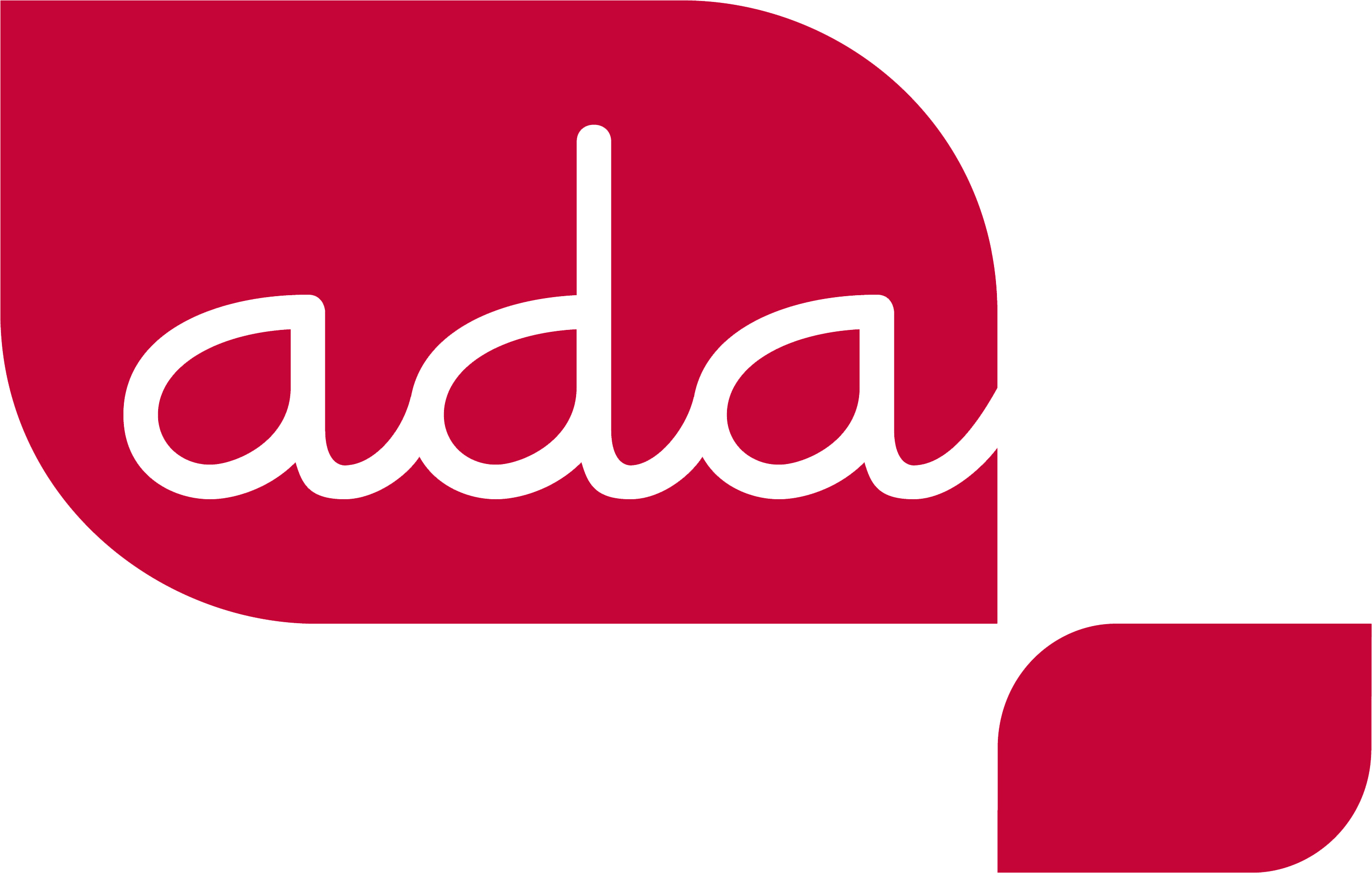

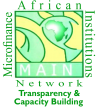
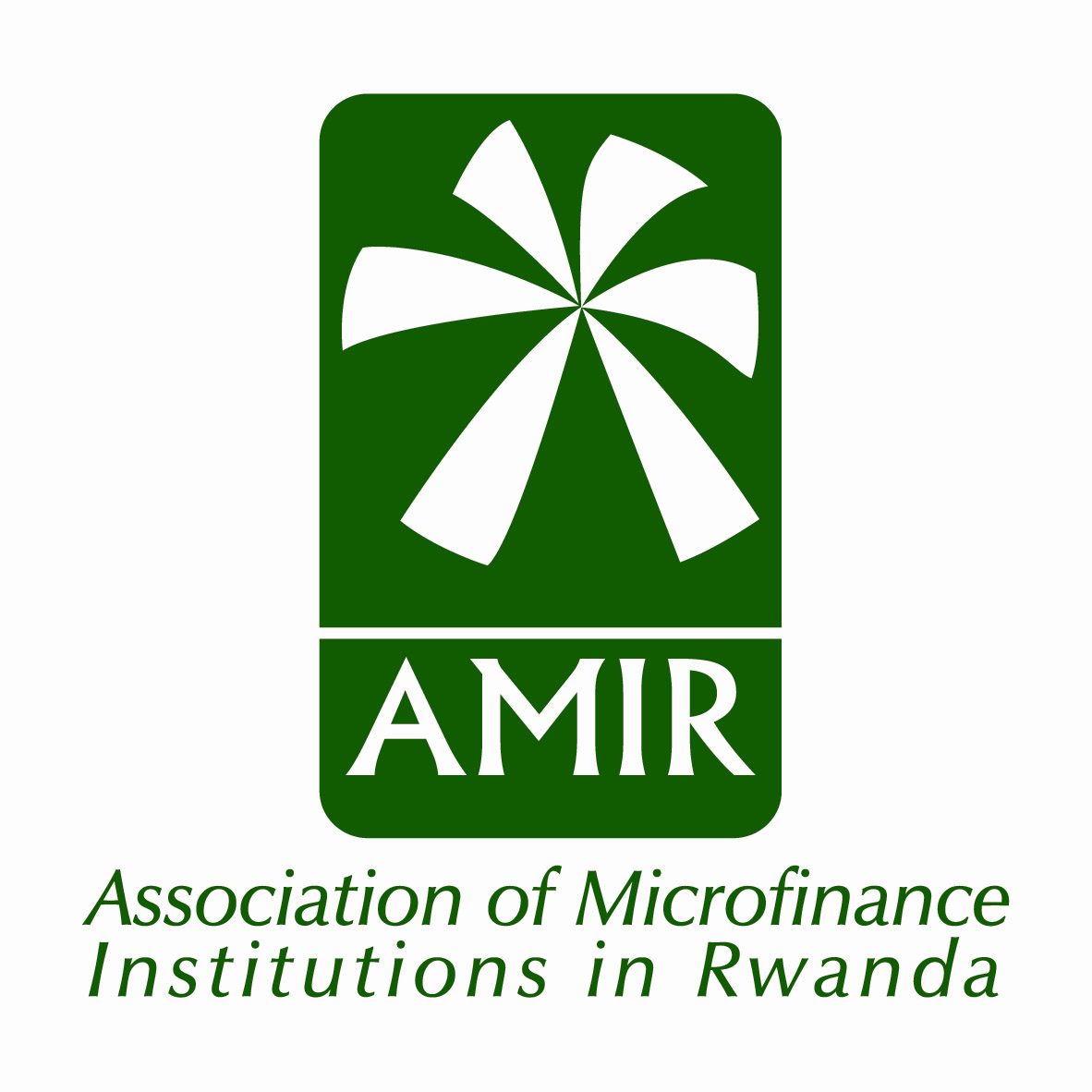
One is not born, but rather becomes, resilient:
Strengthening inclusive finance to overcome crises
18 - 22 OCTOBER 2021
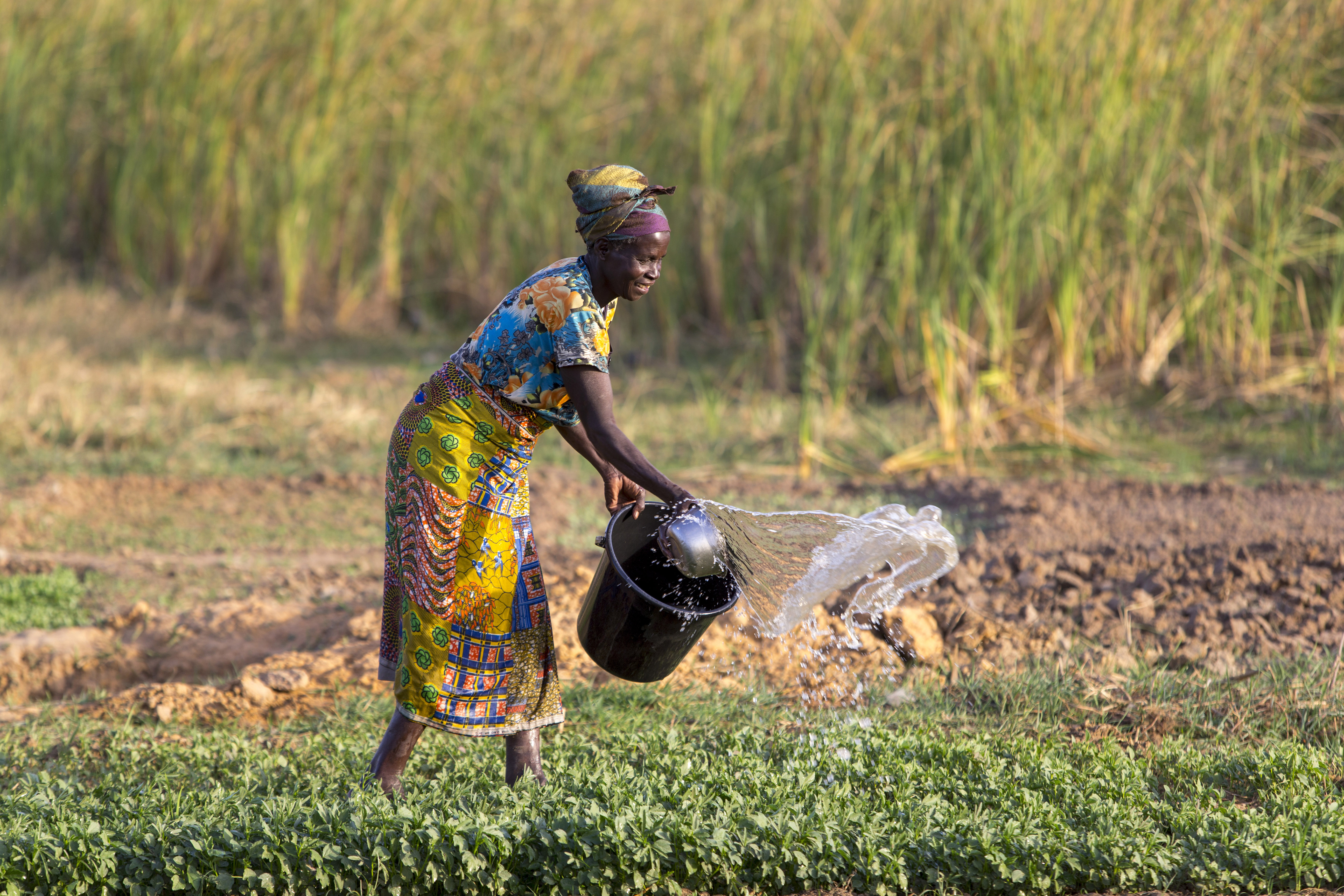
For two decades (2000 - 2019), the African economy has been on a growth trajectory that sets it apart it from other continents, despite disparities between countries.
At the same time, inclusive finance has taken off on the continent. In particular, this is due to technology-driven innovations that have contributed significantly towards achieving the United Nations' Sustainable Development Goals (SDGs).
However, inclusive finance, like other sectors of activity, has also been affected by the severe global challenges we witnessed in recent years, such as climate change, terrorism, security crises, migration, political crises, health crises, etc. Notably, the recent Covid-19 health crisis and the resulting restrictive measures had serious economic and social consequences on the livelihood of vulnerable groups. While the number of cases in Africa remains low compared to other continents, the restrictions had economic and social consequences.
The above-mentioned crises raise questions about the resilience of African countries. However, in particular with regards to the current Covid-19 pandemic, resilience is critical for dealing with the devastating effects of crises.
To achieve the development challenges set out in the UN's 2030 Agenda, it is necessary to identify how inclusive finance in Africa can strengthen the resilience of populations. Therefore, SAM 2021 is timely, as it will provide stakeholders with an appropriate framework for assessing both the resilience of inclusive finance institutions as well as the sector's contribution to the resilience of populations to shocks.
Resilience of the African inclusive finance sector
It is common knowledge that when a global shock occurs, poor households are not only the most likely to be affected, but also the least prepared. Due to low savings rates, imperfect credit and insurance markets and inefficient remittance mechanisms, the poor tend to have no financial buffers to cushion their fall.
Financial products, including savings, credit, digital payments and insurance, can improve resilience in various ways.
Resilient households adopt risk-reducing measures that help mitigate the adverse consequences of shocks. They are thereby better prepared for future economic shocks.
However, there is little research on how to leverage financial inclusion effectively to improve resilience as a policy objective and to use financial tools to help low-income households prepare for and manage unpredictable income flows and expenditure needs. This further reinforces the relevance of resilience as the main theme for SAM 2021.
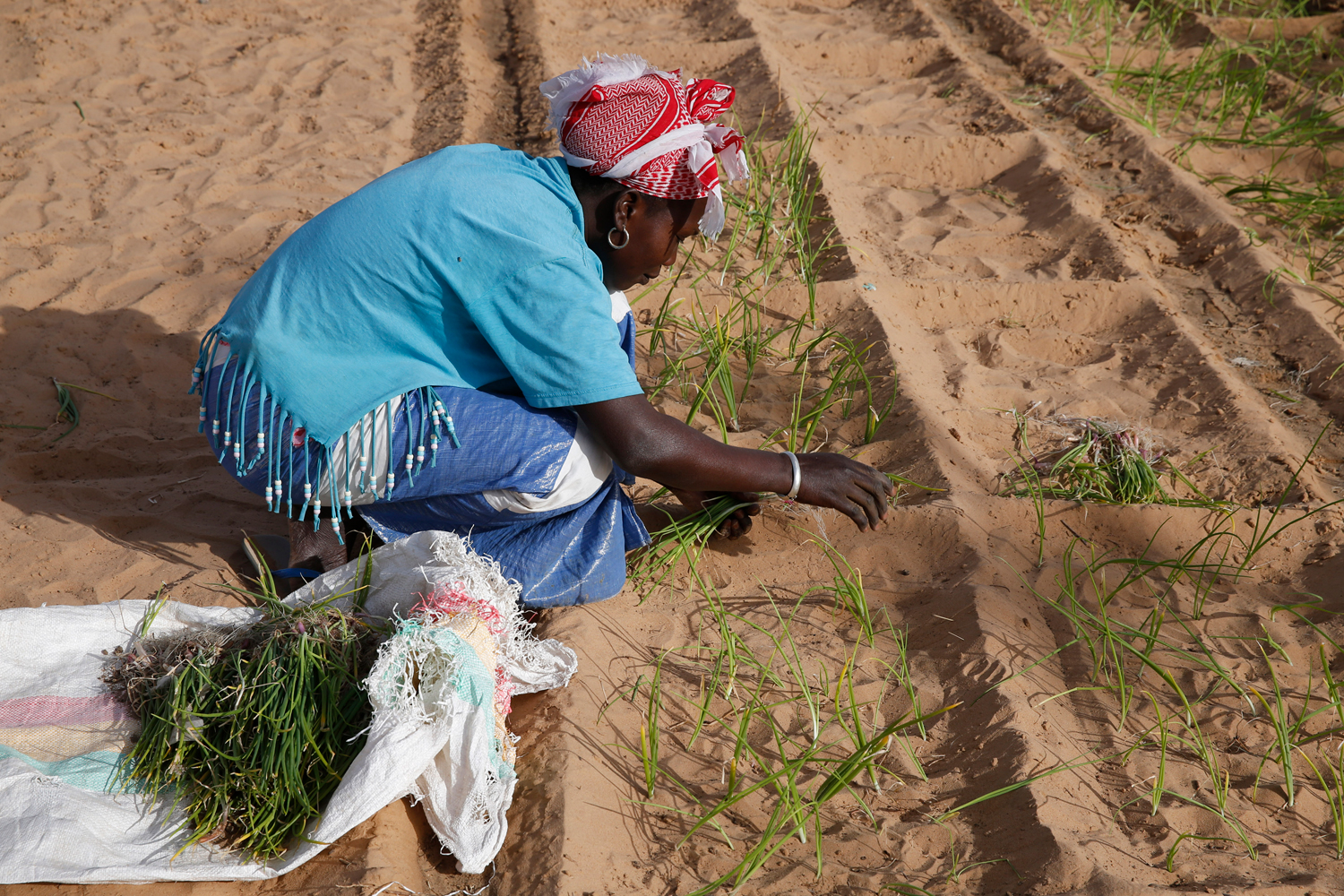
During the event, the theme of resilience will be addressed from different perspectives:
- Assessing the effects of the COVID-19 health crisis on African populations, particularly on those dependent on the informal economy;
- Measuring the effects of the crisis on the inclusive finance sector, in particular regarding the challenges of the 2030 Agenda;
- Identifying necessary structural change and financial innovation to strengthen the resilience of populations to climate change and crises;
- Identifying the role of governments in structural transformations to increase the robustness of inclusive finance and its impact on household resilience;
- Identifying opportunities for the inclusive finance sector in the development of digital infrastructure;
- Examine the roles of stakeholders, partners and other supporters of inclusive finance with a view to unlocking synergies to build a resilient and effective financial sector to achieve the SDGs under the 2030 Agenda.
SAM 2021 key topics
The plenary sessions and workshops will mainly cover the following topics:
- Structural transformation
- Resilience strategies
- Financial innovation
- Digital innovation
- Partnerships
- A favourable environment (government regulations, cultural norms, etc.)
- Gender and gender equality
- Young people
- Rural populations
- Client protection
More than just a conference!
The SAM conference will be held on two days, Tuesday and Wednesday. The other three days of the week - Monday, Thursday and Friday - are reserved for other international events:
- Investor Fair: a networking venue dedicated exclusively to investors and African MFIs, in the form of speed-dating sessions to encourage partnerships between these actors.
- Innovators' Village: formerly known as the "Innovation Fair", the Innovators' Village will showcase innovative tools and services at the national, regional and pan-African levels to improve MFI performance.
- and other related events such as 20 free training sessions and workshops, a gala dinner, etc.
